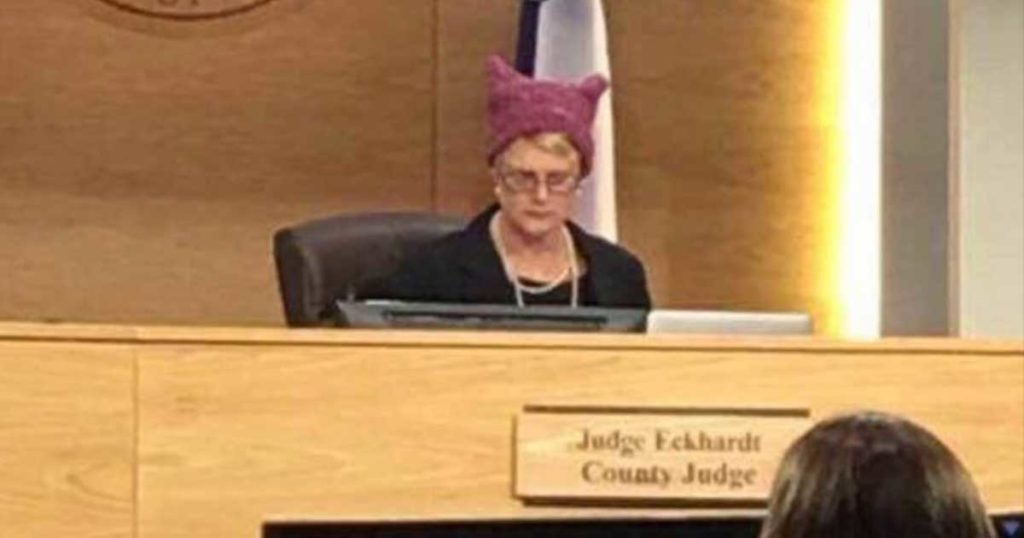 Parler
Parler Gab
Gab
- U.K. prosecutors are accused of collaborating with Israeli officials to suppress protests against Israel's actions in Gaza, using counterterrorism laws to prosecute activists on politically motivated grounds.
- U.K. authorities have been sharing sensitive information with Israeli officials to facilitate the prosecution of members of the activist group Palestine Action, who have been disrupting the operations of Israeli arms manufacturer Elbit Systems.
- In August 2024, 18 activists who raided an Elbit factory in Filton, England, were charged with criminal damage but are being detained under counterterror powers. The CPS plans to argue that their offenses had a "terrorist connection" to maximize their sentences.
- The investigation suggests Israel's influence on U.K. legal proceedings is not new, with past instances like the 2009 arrest warrant for former Foreign Minister Tzipi Livni leading to Israeli lobbying for "special mission" certificates to protect its officials.
- The use of counterterror laws to prosecute activists has raised significant ethical and legal concerns, with accusations of political interference and violation of judicial independence. The case of the Filton 18 highlights the potential misuse of these laws to suppress dissent and protect powerful allies.
The Filton 18: A case study
The investigation highlights the case of the "Filton 18," a group of activists who raided an Elbit factory in Filton, South West England, in August 2024. The activists destroyed Israeli quadcopters produced at the facility, which have been used to harm Palestinian civilians in Gaza. Despite facing charges of criminal damage, the activists are being detained under "counterterror" powers. The Crown Prosecution Service (CPS) has indicated it will argue that their offenses had a "terrorist connection" to maximize their sentences. This approach has been condemned by United Nations rapporteurs, who have called for their release. The documents reviewed by the media outlet suggest that Israel's influence on British legal proceedings is not a new phenomenon. In 2009, former Israeli Foreign Minister Tzipi Livni canceled a trip to London after a U.K. court issued an arrest warrant for her role in the Gaza conflict. In response, Israel lobbied for "special mission" certificates to protect its officials from similar legal actions. The AGO's provision of contact details to the Israeli embassy is part of a broader pattern of collaboration. In July 2024, Smith and Ekstein met with Israeli Embassy Counselor of Political Affairs Yosef Zilberman and AGO Director Douglas Wilson. This meeting was followed by the arrest of ten more Palestine Action activists, who were charged and imprisoned under the same counterterror powers as the Filton 18. The use of counterterror laws to prosecute activists has raised significant ethical and legal concerns. Palestine Action cofounder Huda Amori told The Grayzone that the prosecutions are "politically motivated" and influenced by the Israeli embassy. "Any violation of the independence of the judiciary is an abuse of process under the rule of law," she said. The CPS' General Principle 2.1 states that prosecutors must be free from political interference. However, the evidence suggests that this principle is being compromised. The documents indicate that the Israeli government has pushed for the incarceration and prosecution of Palestine Action demonstrators, who are being treated as terrorists despite the lack of charges related to terrorism. The revelations of British prosecutors colluding with Israeli officials to criminalize anti-genocide activists have sparked outrage and concern. The case of the Filton 18 is a stark example of how counterterror laws can be misused to suppress dissent and protect the interests of powerful allies. (Related: British lawyers, judges accuse Israel of genocide in Gaza, call for immediate UK sanctions.) Watch the video below that talks about Microsoft banning the word "genocide" in internal emails. This video is from the Cynthia's Pursuit of Truth channel on Brighteon.com.More related stories:
Israeli poll reveals overwhelming support for ETHNIC CLEANSING of Gaza as Erdogan threatens military intervention. If October 7 justifies the Gaza genocide, what acts of violence will the Gaza genocide justify? Gaza starvation crisis worsens as Israel's blockade kills 29 children and elderly in two days. Sources include: TheCradle.co TheGrayzone.com Brighteon.comBrazilian comedian sentenced to JAIL TIME over stand-up routine jokes
By Ramon Tomey // Share
DHS shuts down TSA watchlist program amid allegations of political targeting
By Laura Harris // Share
Citigroup drops firearms policy, vows political neutrality amid debanking backlash
By Ramon Tomey // Share
Mental health divide grows as liberal women face crisis of meaning and connection
By Willow Tohi // Share
Genocidal siege: Gaza’s collapsing health care amid deadly aid violence elicits global outcry
By Willow Tohi // Share
Governments continue to obscure COVID-19 vaccine data amid rising concerns over excess deaths
By patricklewis // Share
Tech giant Microsoft backs EXTINCTION with its support of carbon capture programs
By ramontomeydw // Share
Germany to resume arms exports to Israel despite repeated ceasefire violations
By isabelle // Share










